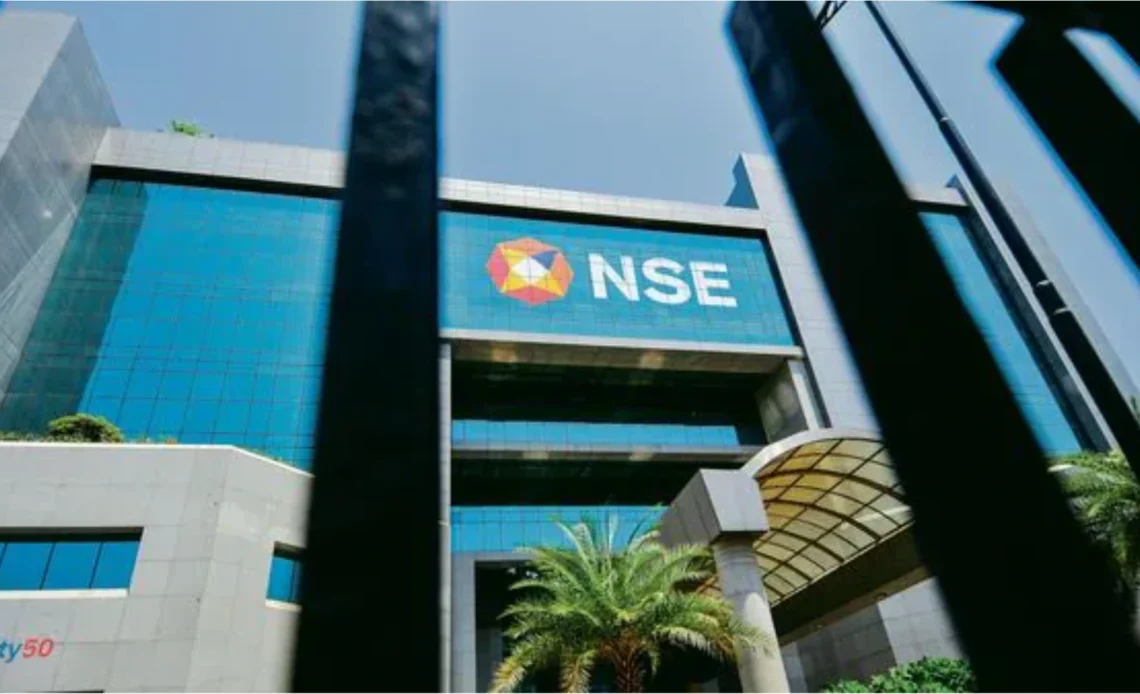Starting October 1, 2024, Indian stock exchanges like the National Stock Exchange (NSE) and Bombay Stock Exchange (BSE) have revised their transaction charges, following new regulations from the Securities and Exchange Board of India (SEBI). These changes aim to simplify fee structures and ensure a uniform approach across trading segments, impacting brokers and traders alike.
Key Fee Changes in Trading:
The new fee structure is expected to create a more level playing field, eliminating the previous slab-wise fees based on turnover. NSE will now charge ₹2.97 per side for every ₹1 lakh traded in the cash market. Equity futures will be levied a fee of ₹1.73 per side per ₹1 lakh traded, while equity options will cost ₹35.03 per side per ₹1 lakh of premium turnover.
Meanwhile, BSE has also adjusted its charges, including ₹3,250 per crore of premium turnover for Sensex and Bankex options. Stock options and other index options like Sensex 50 will see a fee of ₹500 per crore. These changes are designed to streamline transaction costs and align with SEBI’s mandate for “true-to-label” pricing, ensuring fees passed onto clients match those paid by brokers to exchanges.
Other Market Impacts:
The new framework also extends to other market infrastructure institutions (MIIs) like the Central Depository Services Limited (CDSL) and Multi Commodity Exchange (MCX). MCX, for instance, has revised its fee for futures to ₹2.10 per ₹1 lakh of turnover, while options contracts will now cost ₹41.80 per ₹1 lakh of premium value.
In addition, higher Securities Transaction Tax (STT) rates will be enforced, especially in derivatives trading. The STT on Futures has increased to 0.02%, and on Options to 0.1%, a move expected to curb excessive retail participation in derivative markets.
Implications for Traders:
These changes are anticipated to bring significant adjustments to the cost structures for stockbrokers and trading participants. Investors will need to be mindful of the increased transaction fees and taxes, especially when engaging in F&O trading. Additionally, the new taxation rules on share buybacks, treating them as dividends, will shift the tax burden from companies to individual shareholders, affecting overall returns.
As SEBI continues to implement reforms across the financial markets, these latest fee revisions signal a drive towards greater transparency and fairness. However, they may also prompt market participants to reassess their trading strategies, particularly in high-turnover segments like derivatives.
Source: This article is based on information from Business Standard and LiveMint.
Key Highlights:
- NSE and BSE introduce new, uniform transaction fees from October 1, 2024.
- Equity options trading will now incur ₹35.03 per ₹1 lakh of premium value.
- BSE raises fees for Sensex and Bankex options to ₹3,250 per crore of premium turnover.
- STT on F&O trading increases, with Futures now at 0.02% and Options at 0.1%.




